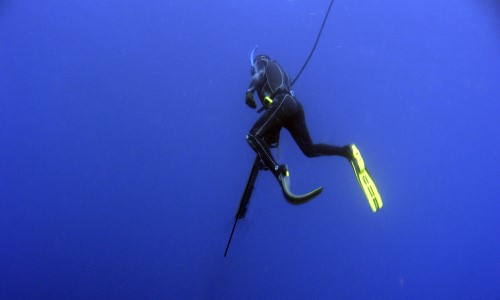
Killer Whale Vs Shark

While Free Willy made Killer Whales seem like tame aquatic friends, the truth is that they are more fierce then many sharks, leading people to wonder about killer whales vs sharks. After all, the name “killer” is part of the name for these mammalian wonders. Is the name a misnomer, or are Killer Whales able to take on a shark?
Killer Whale Vs Shark
In the ultimate battle of the apex predators in the world’s oceans, people have long wondered who would win in a fight: a Killer Whale or a shark. The shark in particular that most people consider is a Killer Whale Vs a Great White Shark. After all, scientists have reports of Killer Whales decimating different species of sharks, including Makos and Tiger Sharks. Would they have the same luck against Great White Sharks? The answer may have been revealed when researchers discovered that in Australia, when sounds of Killer Whales are played, Great White Sharks stay away from the beaches.
The Killer Whale Vs The Great White Shark
The first thing to compare between these two animals is size. Killer Whales are actually larger than most Great White Sharks, with males getting up to 32 feet in length, while females usually top out around 23 feet. Male Killer Whales are gigantic, weighing up to 9 tons, while females are usually only up to 4 tons.
Killer Whales are actually larger than most Great White Sharks, with males getting up to 32 feet in length, while females usually top out around 23 feet. Male Killer Whales are gigantic, weighing up to 9 tons, while females are usually only up to 4 tons.
In contrast, with Great White Sharks, the female is typically the larger in the species. Generally these sharks are around 20 feet, although reportedly they can get larger. They also tend to weigh over 5,000 pounds, so in a fight, they’re no slouch.
When looking at whale vs shark differences, you will find that Great White Sharks tend to be faster. These sharks are often swimming around at 15 miles per hour, while Killer Whales are often only moving at 3 to 4 miles per hour, until they speed up for short bursts and hit speeds of up to 30 miles per hour.
What might make the biggest difference in Killer Whales vs Sharks is how they live. It’s not where they live, but how that is important in a fight between these two heavy weights. After all, you can find both of these animals living in waters all around the world. No, what really makes the difference here is that Killer Whales are very social animals. They tend to live in pods or groups, which may contain up to 15 Killer Whales. They tend to hunt in these groups and work together, and researchers have actually seen groups of Killer Whales hunt together totaling 40 different whales. In contrast, Great White Sharks are relatively solitary animals. These sharks will usually swim by themselves or with, at most, one other shark. The only time they are found in larger numbers is the rare occasion that groups are found scavenging or feasting on a carcass.
The Killer Whales don’t have the monopoly on all of the major features in this fight. Great White Sharks have pretty scary teeth even if they aren’t larger than those of the Killer Whale. While Killer Whales have conical teeth that are used for capturing prey, the Great White Sharks have triangular and very sharp teeth. They can use these teeth to rip large chunks out of their prey.
The way these animals hunt is also different. Killer Whales have been shown to be clever, exhibiting behaviors such as beaching themselves to catch seals or making waves to knock seals off of the ice. Great White Sharks tend to attack from the bottom, ripping into the fleshy underbelly of their prey. Killer Whales have exhibited a behavior that may prove they are the better fighter, however, when comparing Killer Whales vs Sharks. Killer Whales have been found to flip sharks over, which stuns the shark into a state of paralysis that is referred to by scientists as “tonic immobility.” The Killer Whale is then able to attack the shark with little worry about it fighting back.
If you combine the fact that Killer Whales tend to be larger and can swim faster, although only in short bursts, they definitely have more leverage in a fight between Killer Whales and sharks. In addition, they are clever hunters that tend to hunt in packs or pods, while Great White Sharks (and most other sharks, for that matter) tend to be relatively solitary and rarely swim with other sharks. Killer Whales can strike fast and flip the Great White Shark over, immobilizing it while the Killer Whale finishes its attack.
In Summary
While in most cases of shark vs whale, the whale is going to lose, Killer Whales are the exception. It’s no wonder most scientists would put money on the Killer Whale winning in a fight of Killer Whale Vs Shark.

















